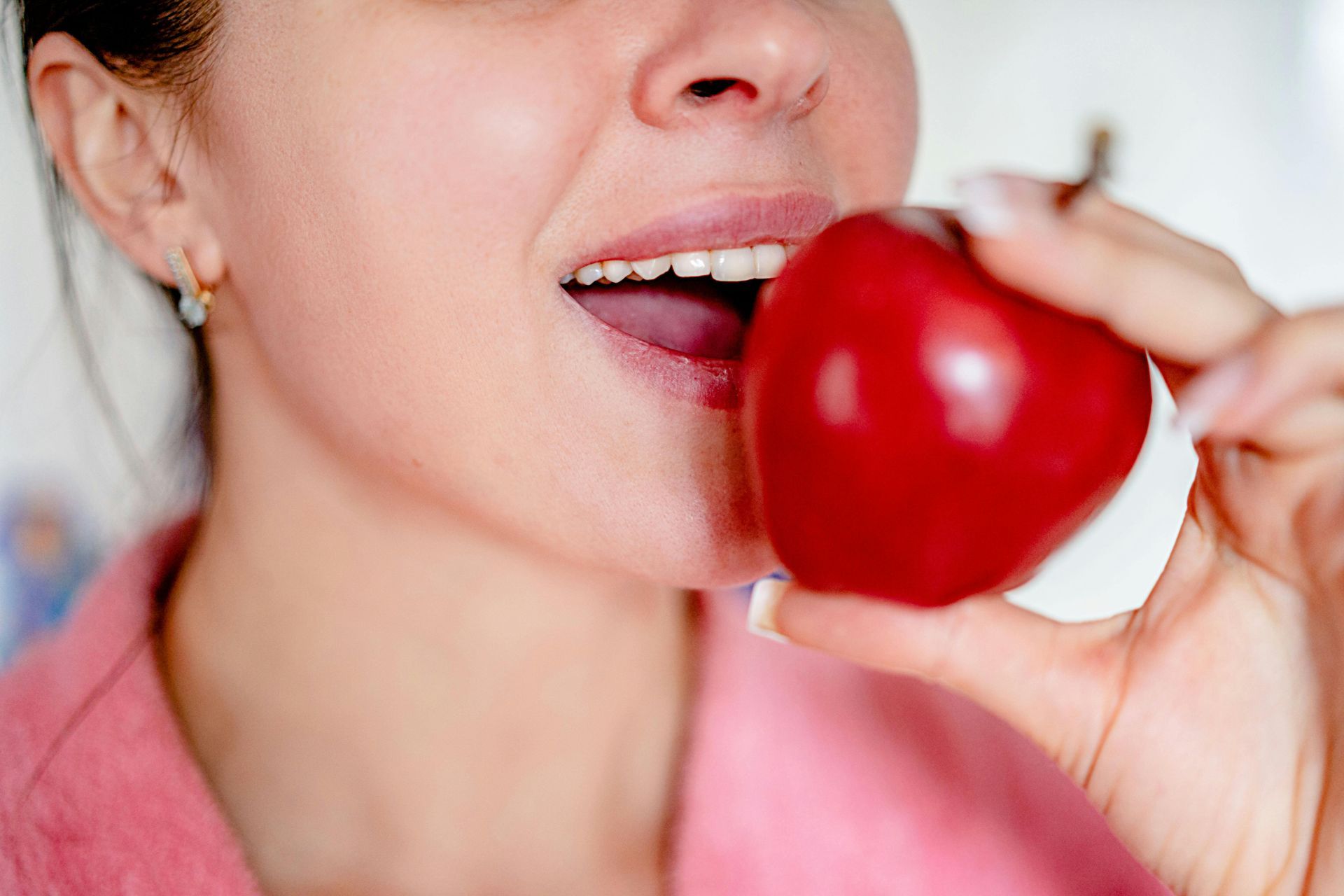Xylitol, Your teeth’s new best friend
November 20, 2013
How Xylitol Works
Xylitol is a sugar alcohol sweetener. It has a similar chemical composition to sucrose (table sugar). The bacteria that causes tooth decay usually consumes sucrose and produces acid which erodes your tooth enamel. By following a meal with xylitol gum or candy, much of the sucrose from the meal is swallowed and replaced with xylitol.
The bacteria are attracted to the xylitol and attempt to consume it, but cannot. The bad bacteria in your mouth are then starved and die. As the bacteria are no longer producing acid, your mouth’s pH is able to return to a neutral state faster than without consuming xylitol. This neutral state allows your body chemistry to rebuild your tooth enamel uninterrupted.
How to Incorporate Xylitol in Your Oral Hygiene Routine
To get the best results from xylitol products, it is recommended to use 100% xylitol products and to use them 3-5 times a day. Using products that allow the xylitol to remain in your mouth for a period of time is more beneficial than using products that cause you to consume xylitol immediately. For example, gum, lozenges or lollipops would be more beneficial dentally than a xylitol cookie. These products also stimulate saliva production which assists in replacing the sucrose from your meal with xylitol.
Another way you can incorporate xylitol into your oral hygiene routine is to use a xylitol toothpaste or mouthwash. Again you should choose one that is 100% xylitol to ensure you are receiving the maximum benefit. If you are using a xylitol toothpaste or mouthwash, do not rinse with water after use as this will remove the xylitol and defeat the purpose of these products.
Where to find Xylitol Products
The easiest place to find Xylitol products is at our Evanston dental office! We have xylitol lollipops and samples of xylitol sugar packets as well. If you are looking for xylitol candies, we recommend Dr. John’s Simply Xylitol candies. We like to satisfy our sweet tooth with their lollipops and chocolates. (And we have a coupon code for you. Use code AAKC and save 7.5%) We have found xylitol toothpaste at Whole Foods, but not every store carries it.
Xylitol is an easy and natural way to compliment your oral hygiene routine to help keep your smile healthy. If you are looking for more information about xylitol, feel free to stop by our dental office, we’d be more than happy to introduce you to the sweetest way to keep your mouth happy.
The post Xylitol, Your teeth’s new best friend appeared first on Stephens Dentistry.







